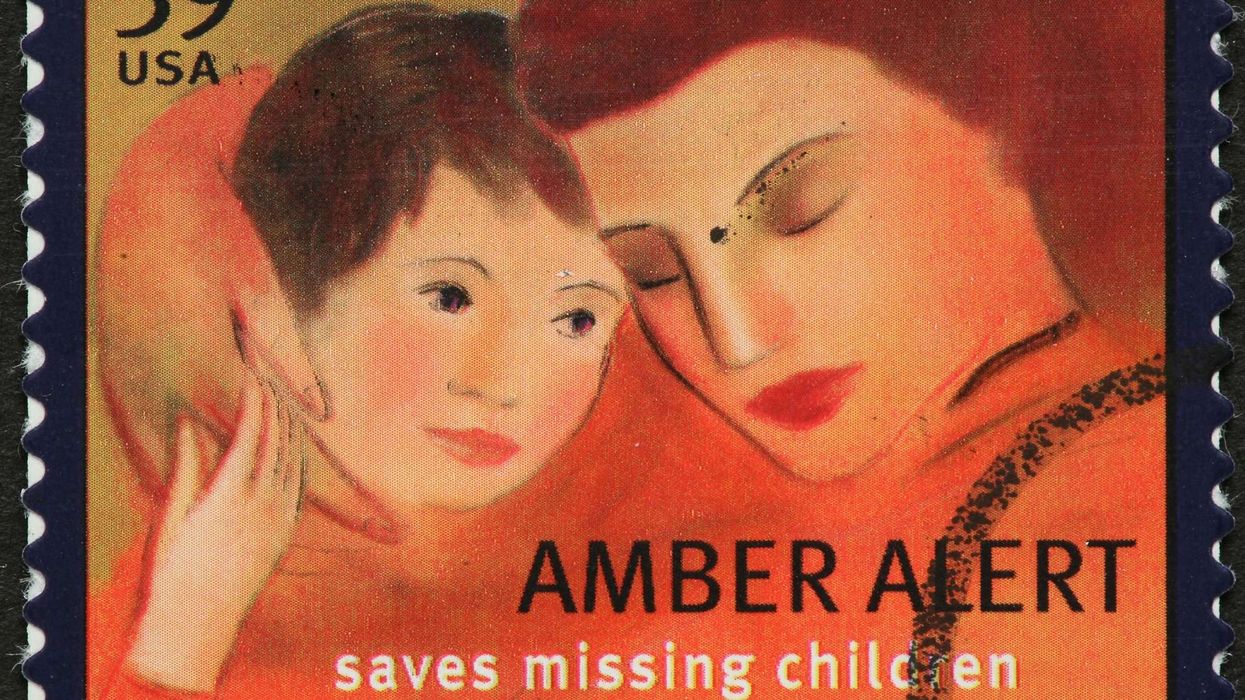COVID-19 MAY HAVE reversed some of the progress made in diversity and inclusion in the hospitality, travel and leisure sector, according to a new study from the MBS Group. The report also found that senior women and people from ethnic minority backgrounds will be impacted more than their male and white counterparts.
Women in Hospitality, Travel & Leisure also sponsored the study, “Guarding against unintended consequences: The Impact of COVID-19 on Gender and Race & Ethnic Diversity in Hospitality, Travel & Leisure.” It is based on conversations with more than 60 hospitality and travel businesses as well as a survey of 1,500 employees,
“This report represents a snapshot of what we heard and experienced over the last few months. A few considerations and learnings are worth capturing and informing our leaders’ approach as we experience an increase of COVID-19 cases and face enhanced restrictions that will inflict further damage on our industry,” said Tea Colaianni, WiHTL founder and chairwoman, in the report’s intro.
The study found that about 44 percent of businesses reported that diversity and inclusion (D&I) has been a higher priority for their business since the outset of the pandemic, with 33 percent of businesses saying it has remained as important as pre-COVID.
As many as 71 percent of employees in the sector have felt supported by their employer during COVID-19. But, fewer women and employees from ethnic minorities shared this view.
“Only 15 percent of businesses reported that D&I has been raised at board meetings since the outset of the crisis. A higher proportion of women have been furloughed, put on reduced hours or made redundant (65 percent) than men (56 percent). Also, 67 percent of those from ethnic minorities have been furloughed, put on reduced hours or made redundant, compared to 62percent of white colleagues,” the report said.
“Around 89 percent of respondents anticipate reducing their workforces, 50 percent have already made redundancies, 17 percent have entered into consultation and the remaining 23percent anticipate making redundancies soon. But the only 6 percent of those companies that have made redundancies, or have entered into consultations, have measured the impact specifically on women or employees from ethnic minority backgrounds. Also, 63 percent of companies self-report that they have made provisions for childcare or other caring responsibilities during the COVID-19 pandemic.”
The study indicated that restructures and voluntary redundancy schemes resulting from COVID-19 have decreased the number of visible female and ethnic minority role models in the sector, which are long understood to play a key role in motivating diverse employees to progress and encouraging diverse candidates to enter the industry.
Also, cost-cutting measures have meant that many of the initiatives designed to champion diversity and increase representation have been paused or had their budgets cut.
About 44 percent businesses think D&I has been a higher priority for their business than pre-crisis, 33 percent say it is about the same and 23 percent say it has been a lower priority. Another 42 percent say D&I has been raised at board meetings infrequently, and 43 percent say it has not at all. Most companies report that as they focus on survival, they have not received any pressure to perform on D&I from shareholders during the crisis – a significant shift compared to the beginning of 2020.
“Most leaders interviewed felt their company had not mounted a sufficiently strong response to the Black Lives Matter movement in 2020,” the report said. “More HTL leaders believe that they are now more likely to offer remote/flexible working policies in the future. Half of the respondents think that changes resulting from the crisis could present an opportunity to improve diversity in the sector in the future. While 37percent do not share that opinion.”
The need for diversity in the U.S. travel industry also was the subject of a guest article on the U.S. Travel Association’s website by Elliott Ferguson, president and CEO of Destination DC and USTA’s national chair.











